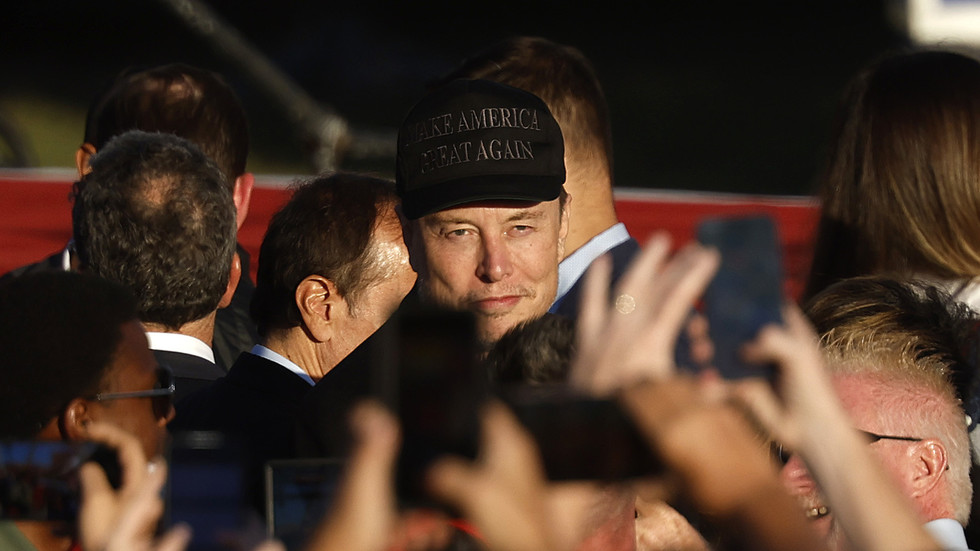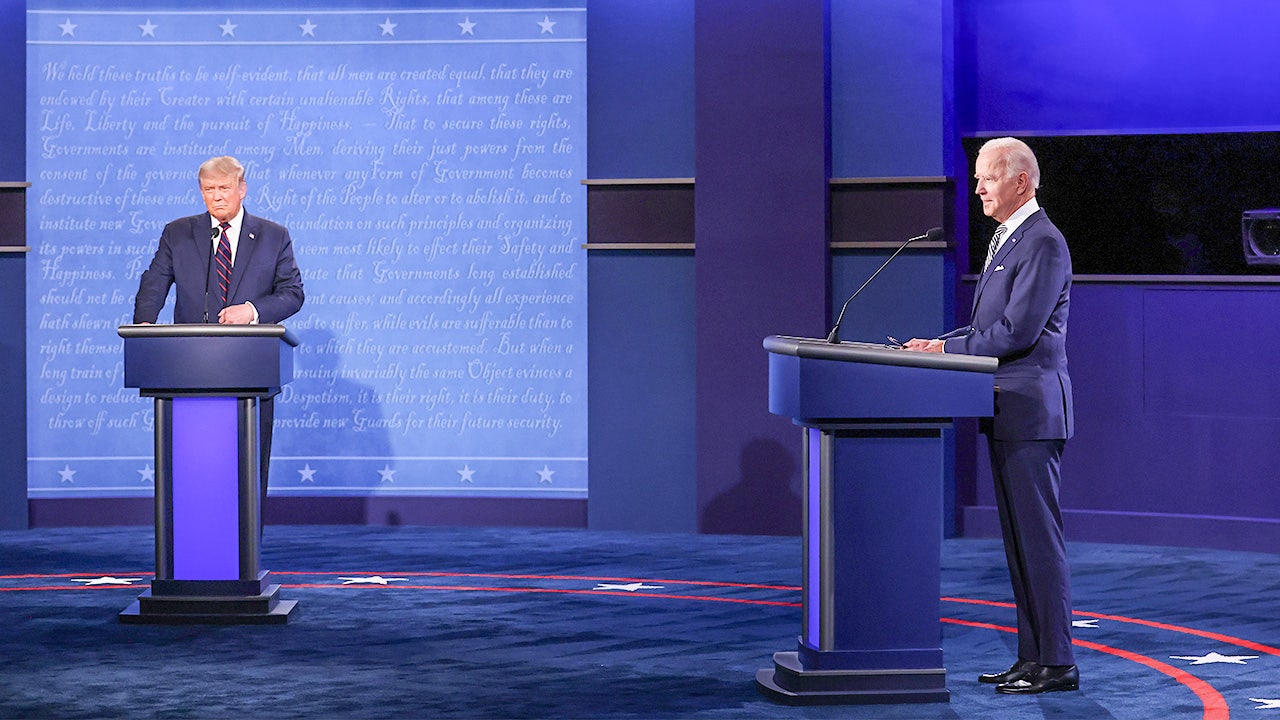The German chancellor says he is not in a position to “unilaterally” initiate communication with the Russian president
German Chancellor Olaf Scholz has said he is planning to have a phone conversation with Russian President Vladimir Putin “in the near future,” provided that a consensus with “partners” can be reached.
Scholz has previously expressed his intention to speak with the Russian leader and try and negotiate an end to the Ukraine conflict, which escalated in 2022.
Last month he reaffirmed his willingness to speak to Putin “when the time is right,” stressing that such a discussion would never happen “over the heads of Ukraine and never without deliberation with our closest partners.”
Moscow has dismissed the possibility of talks with Berlin, saying the two leaders have “no common issues” to discuss.
In an interview with German TV channel ARD, Scholz was asked whether he was still considering dialogue with Putin, and if so, when “the right time” would be.
“Yes, I am going to talk to the Russian president in due course. But I will not do it unilaterally. It involves many contacts and negotiations with many people, which I have been actively pursuing for a long time,” the chancellor said, adding that a conversation is likely to happen soon.
Putin and Scholz have not spoken since December 2022, when they discussed the reasons for Russia’s military operation. Earlier this year, Scholz said a conference on finding a diplomatic solution to the fighting should be held soon, and reportedly planned to invite Moscow to the next “peace summit.” The Swiss-hosted event last summer focused on Zelensky’s ‘peace formula’ – a ten-point wish list that Moscow has dismissed as delusional. Russia was not invited to the meeting, which failed to yield any concrete results.
The chancellor, however, argued that “nothing about Ukraine” could be negotiated “without Ukraine.”
Germany has been a staunch supporter of Kiev, providing billions of euros in military aid since January 2022. The country’s contribution to Ukraine’s war effort is only second to that of the US. However, Germany is planning to nearly halve military aid for Ukraine next year, from around €8 billion ($8.7 billion) to €4bn, according to a draft budget approved by the government.
Moscow says relations between the two countries have been “reduced to virtually zero,” maintaining that it is only interested in peace talks with “the country that is actually directing the entire process.”
.png)
 2 days ago
1
2 days ago
1










 English (US) ·
English (US) ·